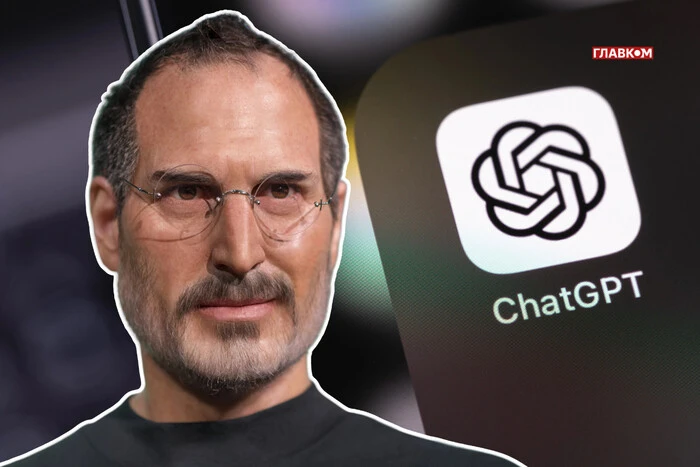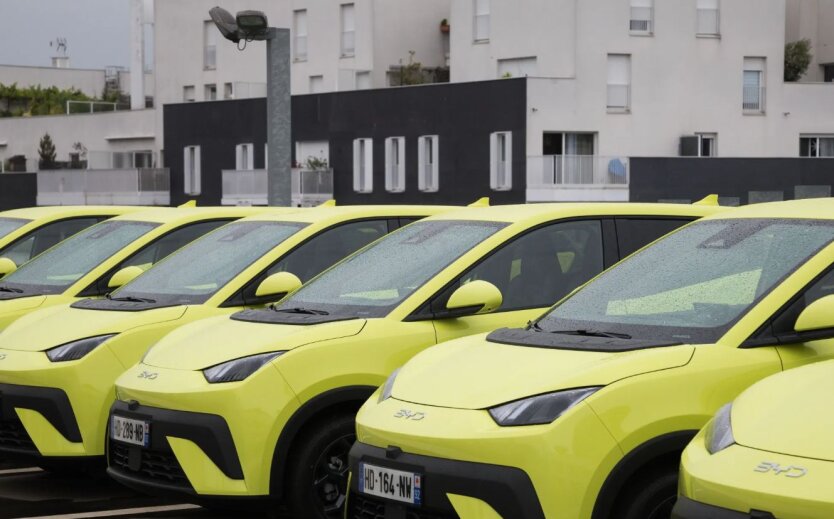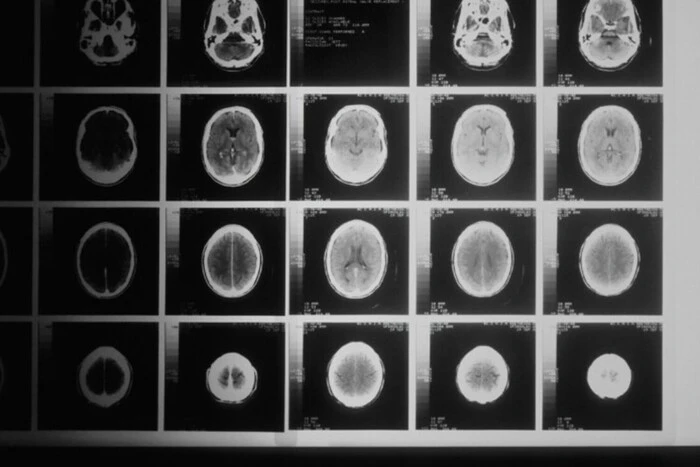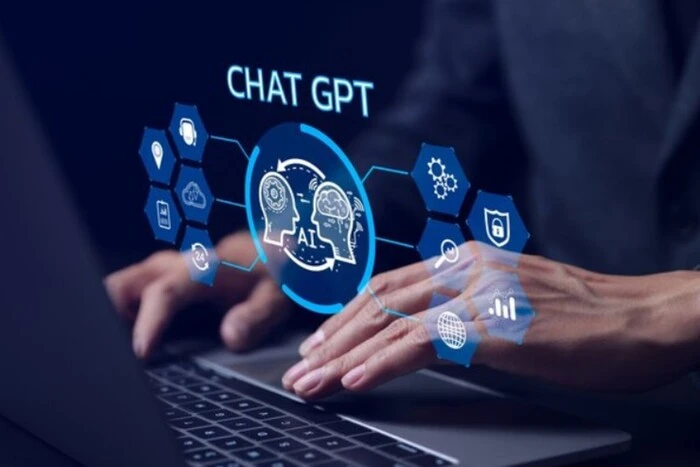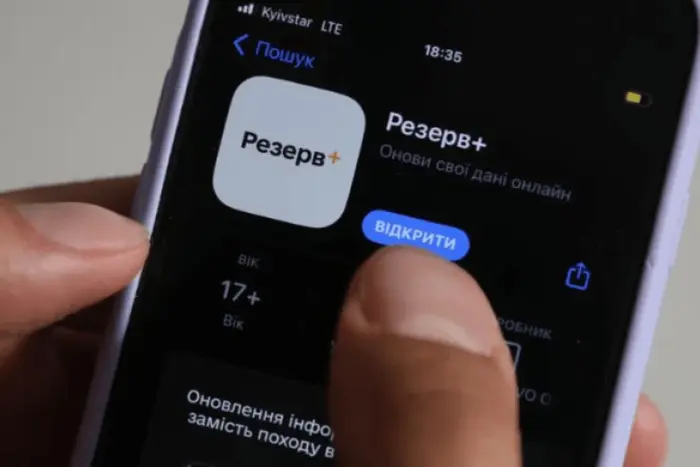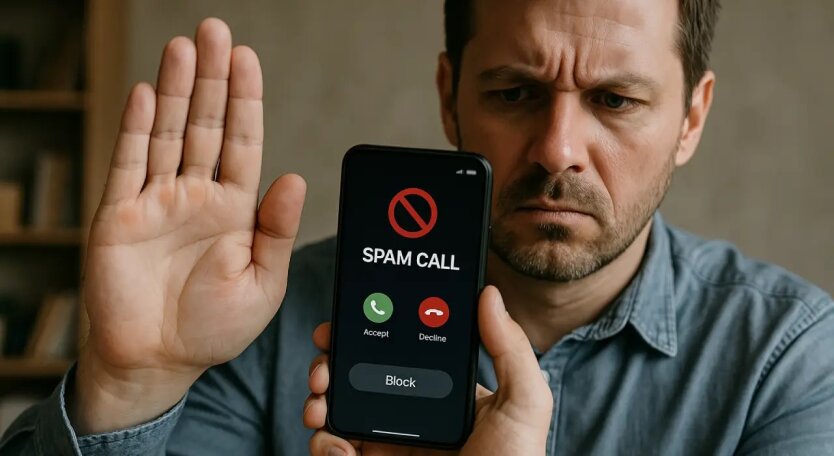China may lose access to ChatGPT.

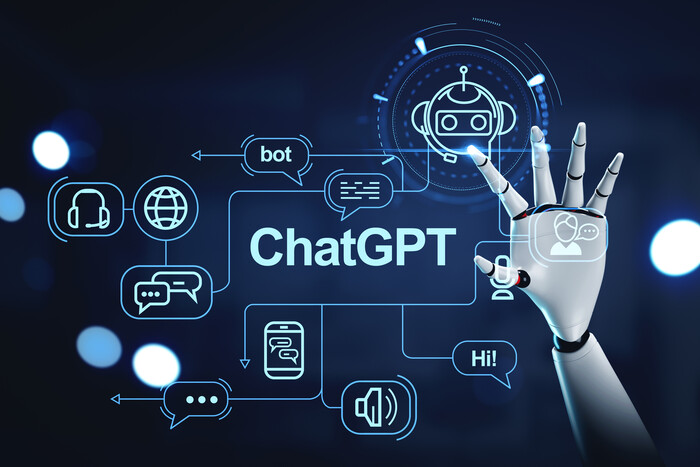
OpenAI bans access to ChatGPT in China
American company OpenAI has decided to ban access to its chatbot ChatGPT in China. Previously, Chinese startups had access to the platform, but now even for them this feature will be unavailable. The company did not explain the reason for its decision, but it may be related to restricting China's access to advanced technologies and combating disinformation.
Chinese users have already started receiving notifications about the program shutting down in their region on July 9.
In response to this, Baidu and Alibaba Cloud have offered their alternative platforms for former ChatGPT users. Baidu is developing an 'inclusive migration program' to its Ernie platform, while Alibaba Cloud provides free tokens and transition services to its Qwen-plus platform, which is cheaper than the American option.
China has its own resources, such as the search engine Baidu, the social networks RenRen and Weibo, the messenger WeChat, and so on. However, unlike ChatGPT, they do not guarantee complete anonymity, as they require account verification using ID or mobile number. In addition, Chinese social networks are subject to censorship and may block posts due to prohibited symbols or expressions.
Most popular European and American applications and sites are also blocked in China, such as Facebook, Instagram, Google, YouTube, and Wikipedia. Even TikTok has a separate version for local users.
The internet content filtration system, known as the 'Golden Shield' or the National Public Security Information Project, was launched in China in 2003 and is the reason for Internet restrictions.
Read also
- Steve Jobs Predicted the Emergence of ChatGPT 40 Years Ago (Video)
- Record May: Which Electric Cars Are Chosen by Ukrainian Drivers
- Microsoft's Artificial Intelligence Outperformed Doctors in Diagnosing Complex Diseases
- ChatGPT drastically influenced one category of job vacancies
- Beta testing of fine payments has begun in 'Reserve+'
- Operators have gained the right to block numbers: who will be affected by the new rule

